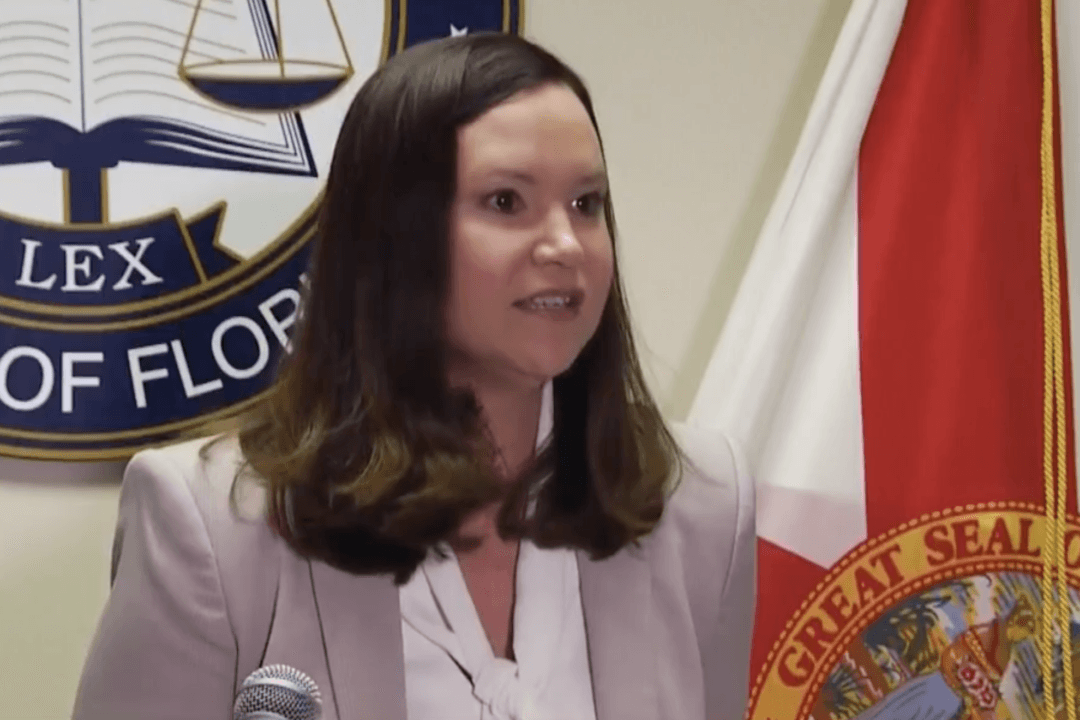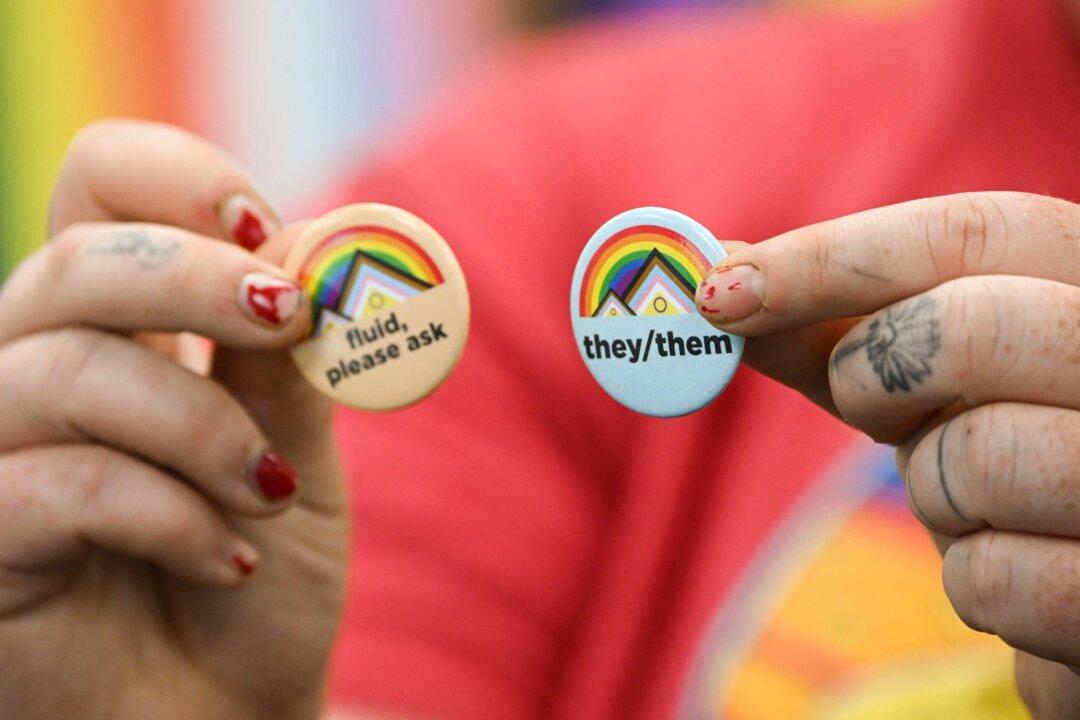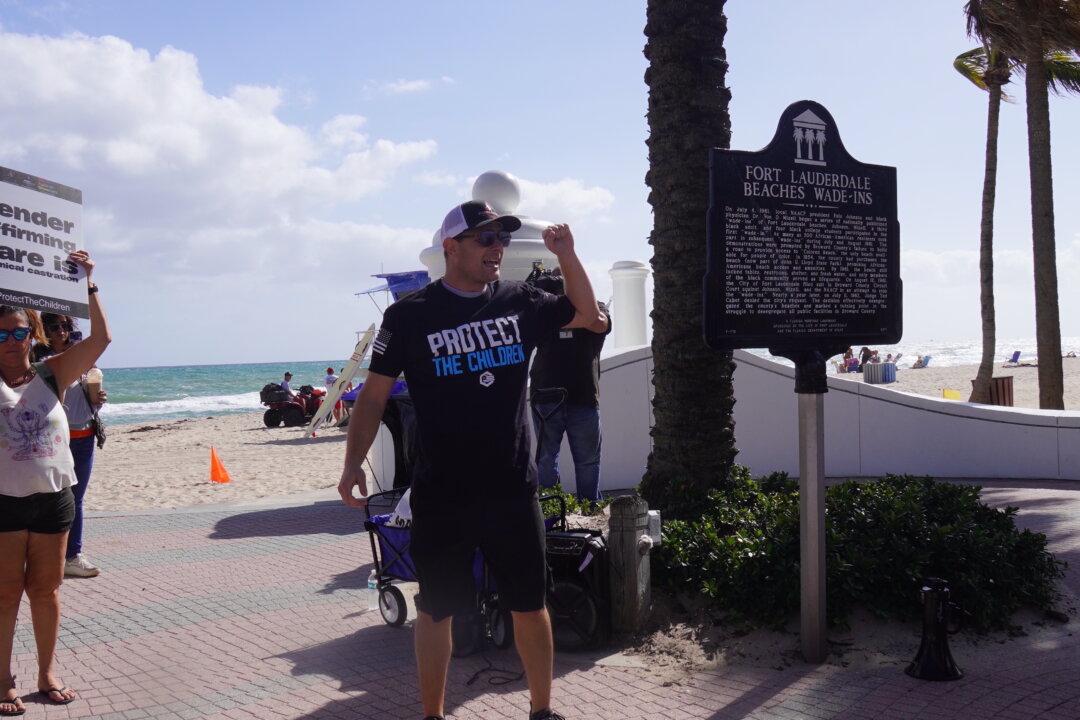PUNTA GORDA, Fla.–Florida Attorney General Ashley Moody announced on May 5 that the state has reached a $683 million settlement with Walgreens over the drugstore chain’s role in the opioid crisis.
“After four weeks of the state putting on ... evidence how Walgreens played a role in this epidemic ... the white flag was raised, and we were able to begin negotiations in a productive manner,” Moody said. “Today is a culmination of that trial.”




